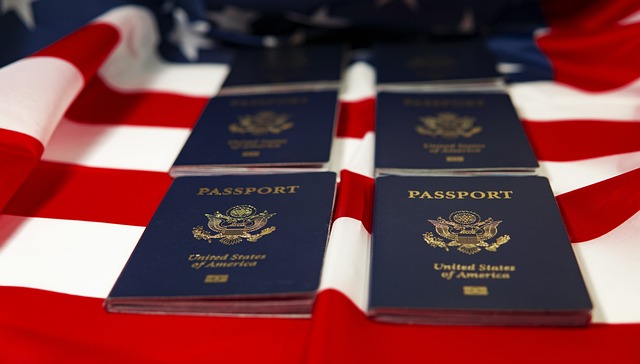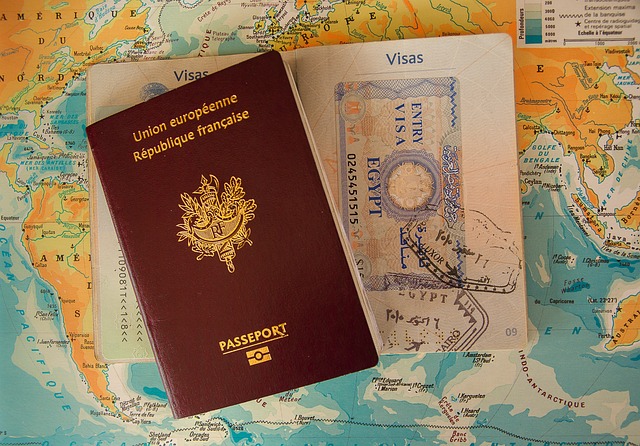How to Obtain Swiss Citizenship: A Comprehensive Guide

Swiss citizenship is highly sought after due to Switzerland’s high standard of living, political stability, and strong economy. However, obtaining Swiss citizenship is a complex and lengthy process, requiring applicants to meet strict criteria and demonstrate a deep connection to the country. In this guide, we’ll walk you through the steps and requirements for obtaining Swiss citizenship, whether through naturalization, marriage, or descent.
1. Types of Swiss Citizenship
There are three main pathways to obtaining Swiss citizenship:
A. Ordinary Naturalization
This is the most common route for foreigners who have lived in Switzerland for a significant period and wish to become citizens.
B. Simplified Naturalization
This pathway is available to spouses of Swiss citizens and certain individuals with close ties to Switzerland.
C. Citizenship by Descent
Swiss citizenship can be passed down through parents or grandparents, but specific conditions apply.
2. Ordinary Naturalization
Ordinary naturalization is the standard process for foreigners who have lived in Switzerland for at least 10 years. Here’s what you need to know:
A. Residency Requirements
- Minimum Residency: You must have lived in Switzerland for at least 10 years, with the years between ages 8 and 18 counting double (up to a maximum of 6 years).
- Permanent Residency: You must hold a permanent residence permit (C permit) for at least 5 years before applying.
B. Integration Requirements
- Language Proficiency: You must demonstrate proficiency in at least one of Switzerland’s national languages (German, French, Italian, or Romansh). This typically requires passing a language test at level B1 (oral) and A2 (written).
- Cultural Integration: You must show that you are well-integrated into Swiss society, including adherence to Swiss laws, customs, and values.
C. Financial Stability
- Self-Sufficiency: You must prove that you are financially self-sufficient and not dependent on social welfare.
D. Application Process
- Submit Application: Apply to the municipality (commune) where you reside.
- Cantonal and Federal Approval: Your application will be reviewed at the municipal, cantonal, and federal levels.
- Interview and Examination: You may be required to attend an interview or take a citizenship test.
- Decision: The process can take several years, and approval is not guaranteed.
3. Simplified Naturalization
Simplified naturalization is a faster process available to specific groups, including spouses of Swiss citizens and individuals with close ties to Switzerland.
A. Eligibility
- Spouses of Swiss Citizens: You must be married to a Swiss citizen for at least 3 years and have lived in Switzerland for a total of 5 years (including 1 year immediately before applying).
- Close Ties to Switzerland: This includes individuals who have lived in Switzerland for at least 5 years and have strong personal or professional ties to the country.
B. Requirements
- Language Proficiency: Similar to ordinary naturalization, you must demonstrate proficiency in a national language.
- Integration: You must show that you are well-integrated into Swiss society.
- Financial Stability: You must be financially self-sufficient.
C. Application Process
- Submit Application: Apply to the State Secretariat for Migration (SEM).
- Review and Approval: The SEM will review your application and make a decision.
- Decision: The process is generally faster than ordinary naturalization, taking 1–2 years.
4. Citizenship by Descent
Swiss citizenship can be acquired through descent, but specific conditions apply:
A. Through Parents
- Swiss Mother or Father: If either of your parents is Swiss, you are automatically a Swiss citizen at birth, regardless of where you are born.
- Registration: You must register your birth with the Swiss authorities to confirm your citizenship.
B. Through Grandparents
- Swiss Grandparent: If one of your grandparents is Swiss, you may be eligible for citizenship, but you must apply and meet certain conditions.
- Proof of Descent: You must provide documentation proving your Swiss ancestry.
5. Dual Citizenship
Switzerland allows dual citizenship, meaning you can retain your original citizenship while becoming a Swiss citizen. However, you should check the laws of your home country, as some countries do not permit dual citizenship.
6. Costs of Obtaining Swiss Citizenship
The cost of obtaining Swiss citizenship varies depending on the pathway and municipality. Here’s an estimate:
- Ordinary Naturalization: CHF 500–1,000 (municipal fees) + CHF 150 (federal fees).
- Simplified Naturalization: CHF 750 (federal fees) + additional cantonal and municipal fees.
- Citizenship by Descent: CHF 100–300 (registration fees).
7. Tips for a Successful Application
- Learn the Language: Invest time in learning one of Switzerland’s national languages to meet the proficiency requirements.
- Integrate into Swiss Society: Participate in local events, join clubs, and build relationships within your community.
- Gather Documentation: Ensure you have all required documents, such as proof of residency, language certificates, and financial records.
- Seek Professional Advice: Consider consulting an immigration lawyer or expert to guide you through the process.



